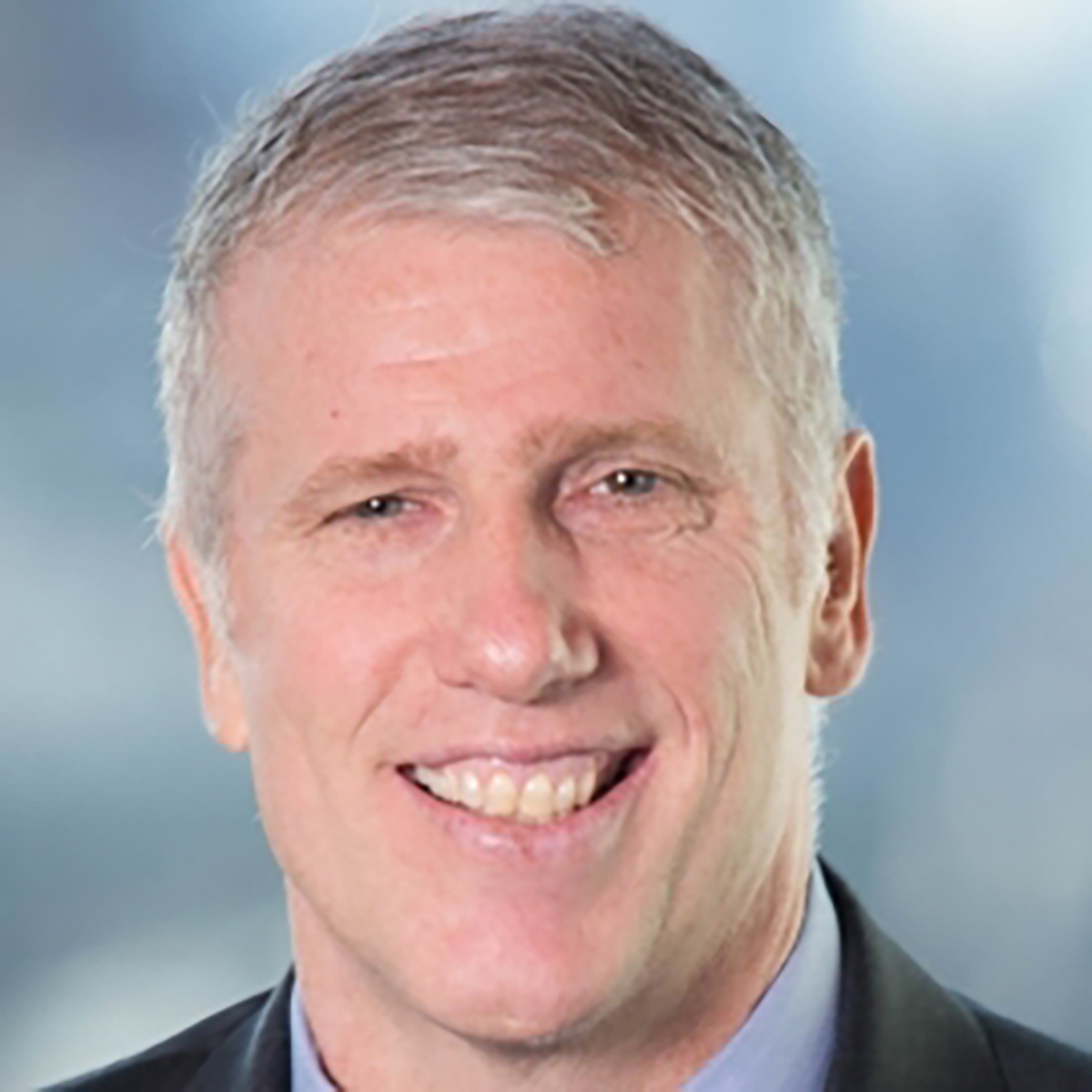Interfaith justice is not just the focus of the Rev. Paul Brandeis Raushenbush’s work — it’s his legacy.
The work of Raushenbush’s famous great-grandfathers, Louis Brandeis and Walter Rauschenbusch, will also inform his lecture Monday, titled “Prophetic Witness in the Progress towards America.” Raushenbush will open Week Five’s Interfaith Lecture Series, themed, “The Supreme Court and Religious Communities: Holding America Accountable?,” at 2 p.m. Monday in the Hall of Philosophy, where he will discuss how religion and the courts are guiding America toward the promise of the Declaration of Independence.
“The Supreme Court’s role is to enshrine in law this moral vision and it is the prophetic role to ensure that that vision is being lifted up,” Raushenbush said.
Raushenbush, who is an ordained Baptist minister, has a bit of both the Supreme Court and organized religion in him from Brandeis and the elder Rauschenbusch. Brandeis was the first Jewish Supreme Court justice, and Walter Rauschenbusch was an influential figure in the Social Gospel movement during the late 19th and early 20th centuries.

Faith and justice were intertwined for both men, Raushenbush said, who were “prophetic” in their respective fields.
In that sense, they helped to make progress in America, which Raushenbush defines as making the country better reflect the Declaration of Independence.
In his lecture, Raushenbush said he will be considering how, since his great-grandfathers’ era, religion and the Supreme Court have continued to work toward the promises of the Declaration.
While he said the language of the Declaration was noble and ideal, it was not true even when the document was written because it didn’t apply to women, slaves and other American citizens. Raushenbush himself, as a gay man, is still not completely equal in the eyes of the law.
“This idea that you can go back to a time where everything was perfect is a myth, and not a myth in a good way. It’s a fallacy,” Raushenbush said. “The prophetic look forward with a clear eye toward the present and toward the past.”
As for who can hold prophetic witness — or who can uphold the ultimate goal of justice and righteousness — Raushenbush said it could be anyone, as prophets are rarely in power. Raushenbush worked to provide a platform for the voices of those he considered prophetic witnesses as executive editor of global spirituality and religion for The Huffington Post’s religion section from 2009 to 2015.
In the vein of his great-grandfather Brandeis, Raushenbush also fights for social justice as his way of upholding prophetic righteousness. He is now senior vice president and editor of Voices at Auburn Seminary, where he and other interfaith leaders teach and advocate for important social issues such as an end to racial violence.
While Raushenbush is now a Baptist minister, he grew up very close to his Jewish cousins on the other side of the family, he said. They would spend every summer together and grew up seeing each other’s faiths as equal. Raushenbush said this helped him develop an interfaith framework for his ideas early on.
“The way we all understood religion was a deep integration of interfaith relations into what it meant to be spiritual or religious,” Raushenbush said. “So, I say I have an interfaith heart.”




